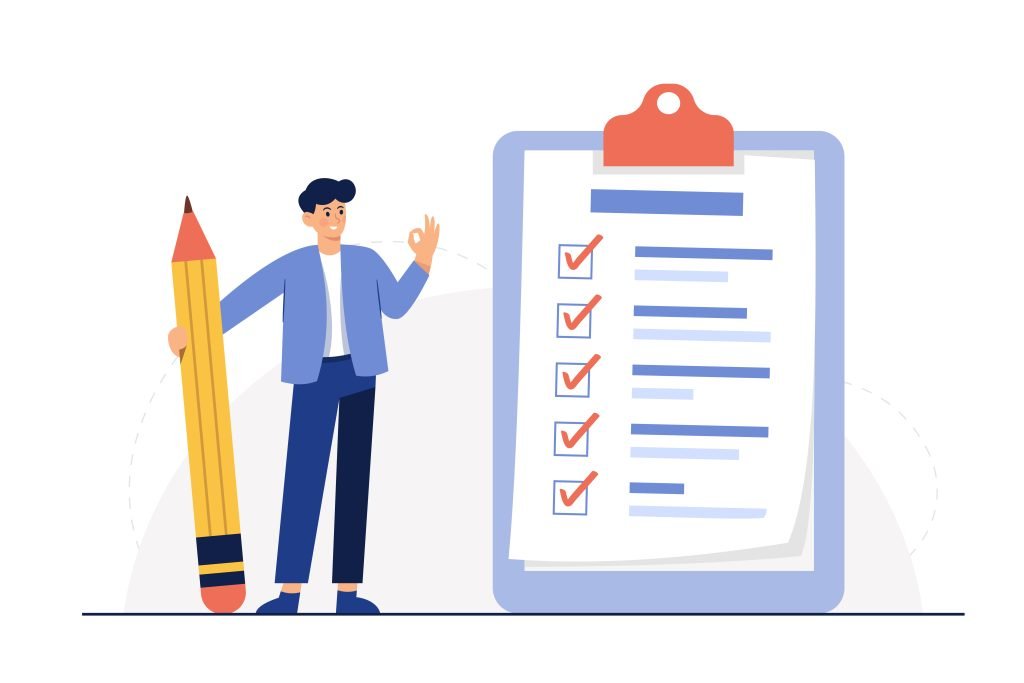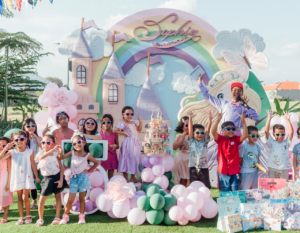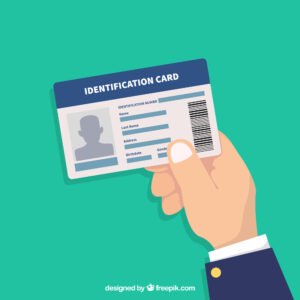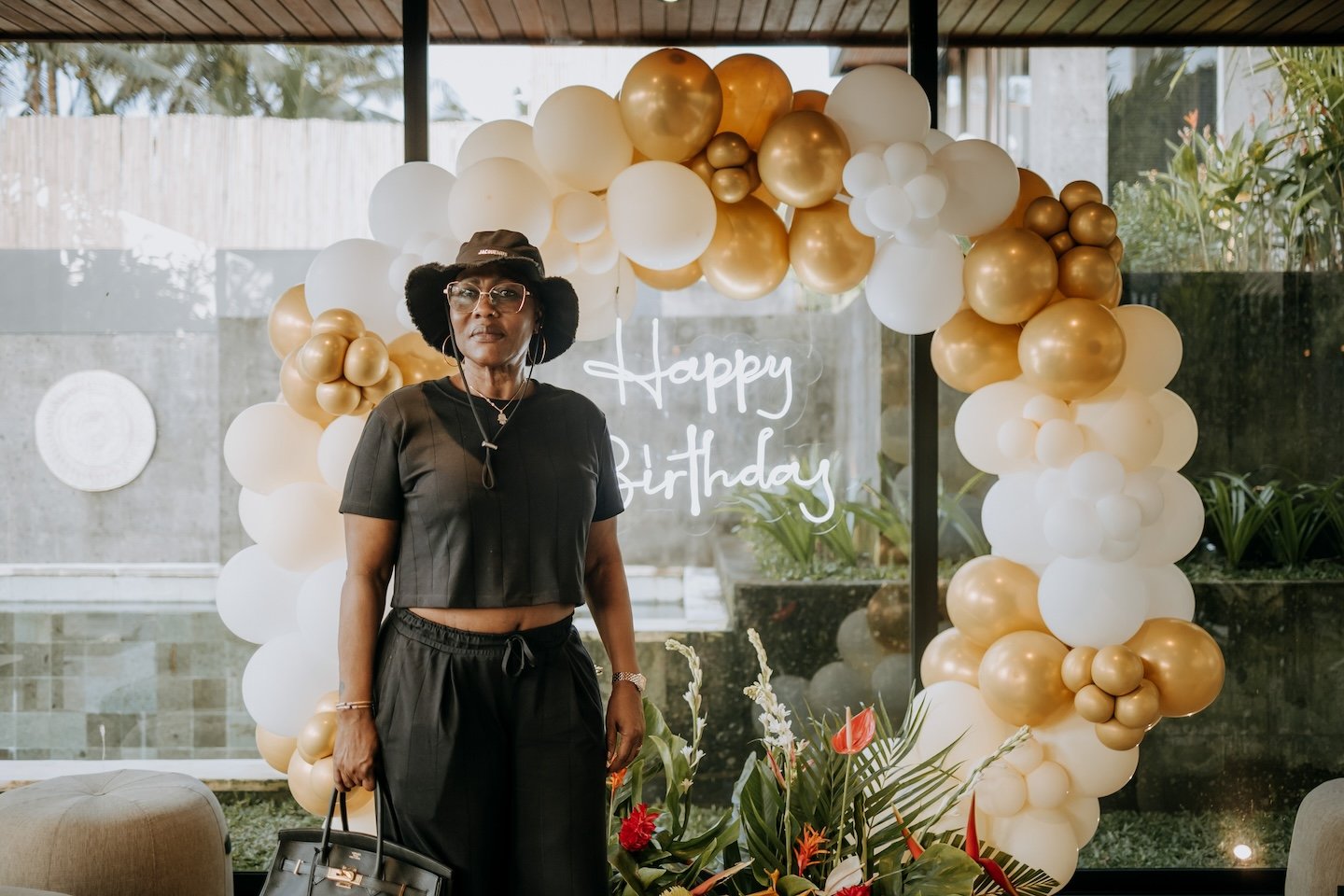13 Things Most Important Checklist, helps you stay organized from brainstorming to follow-up for a successful event.
Planning an event like a wedding, corporate retreat, or conference involves managing many details for a smooth day. To stay organized and reduce stress, check out our “Ultimate Event Planning Checklist: 13 Things Most Important.” From initial brainstorming to post-event follow-up, this guide covers everything you need for a successful event.
1. Define Your Goals and Objectives
As the first checklist from 13 Things most important, it is important to define your goals and objective
Before diving into the logistics, take the time to clearly define your event’s purpose, goals, and target audience. Understanding what you aim to achieve will guide all subsequent planning decisions.
2. Set Your Budget
Establish a realistic budget early on and allocate funds for each aspect of the event, including venue, catering, entertainment, and marketing. Keep track of expenses throughout the planning process to ensure you stay within budget.
3. Choose a Date and Venue
Selecting the right date and venue is crucial. Consider factors such as availability, capacity, location, and ambiance. Visit potential venues in person to ensure they meet your requirements and have any necessary amenities.
4. Create a Timeline
Develop a detailed timeline that outlines key milestones leading up to the event, including deadlines for booking vendors, sending invitations, and completing setup. Having a roadmap will help you stay on track and avoid last-minute scrambling.
5. Secure Vendors and Suppliers
Book vendors and suppliers well in advance to ensure availability. This includes caterers, florists, photographers, entertainment, and any other services required for your event. Obtain quotes, review contracts carefully, and communicate your expectations clearly.
6. Design Event Branding and Collateral
Create cohesive branding for your event, including logos, color schemes, and marketing materials. Design invitations, signage, programs, and any other collateral that will enhance the attendee experience and promote your event.
7. Develop a Marketing Strategy
Promote your event through various channels, including social media, email newsletters, and targeted advertising. Build anticipation, generate excitement, and encourage early registration or ticket sales to maximize attendance.
8. Arrange Transportation and Accommodation
If your event involves out-of-town guests or requires transportation between venues, arrange transportation services and accommodations as needed. Provide clear instructions and options for attendees to make their travel arrangements hassle-free.
9. Plan Event Logistics
Map out the logistical details of the event, including seating arrangements, audiovisual setup, lighting, and staging. Create floor plans, run through technical rehearsals, and ensure everything is in place for a smooth execution on the day of the event.
10. Coordinate On-Site Staff and Volunteers
Assign roles and responsibilities to on-site staff and volunteers, including event coordinators, ushers, registration staff, and technical support. Conduct pre-event briefings to ensure everyone understands their duties and knows how to handle any unforeseen challenges.
11. Prepare for Emergencies
Have contingency plans in place for common emergencies such as medical incidents, inclement weather, or technical issues. Designate a point person to handle emergencies and communicate evacuation procedures to staff and attendees.
12. Execute the Event
On the day of the event, oversee setup, coordinate vendor arrivals, and ensure everything is proceeding according to plan. Remain accessible to address any issues that arise and keep the event running smoothly.
13. Follow Up and Evaluate
After the event, follow up with attendees to gather feedback and thank them for their participation. Evaluate the event’s success against your goals and objectives, noting areas for improvement and lessons learned for future events.
Conclusion
https://www.instagram.com/magnificaorganizer/By following this comprehensive event planning checklist, you can ensure every detail is taken care of and set the stage for a successful and memorable event. From initial concept to post-event evaluation, thorough planning and attention to detail are the keys to success. So, roll up your sleeves, get organized, and watch your vision come to life!
Read our blog about managing event stress here, and follow our IG to know us more!















